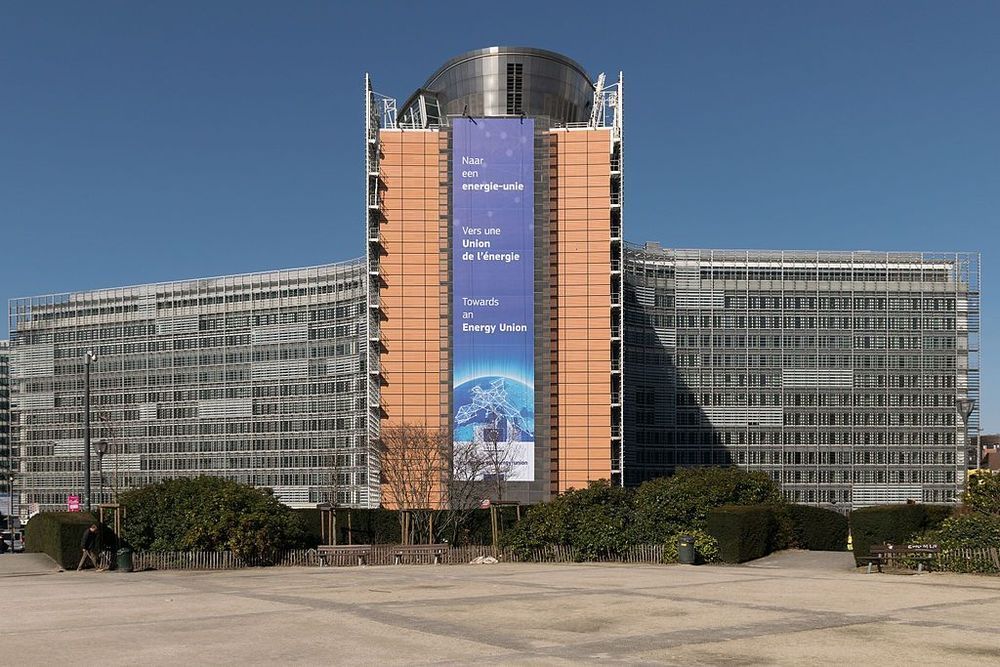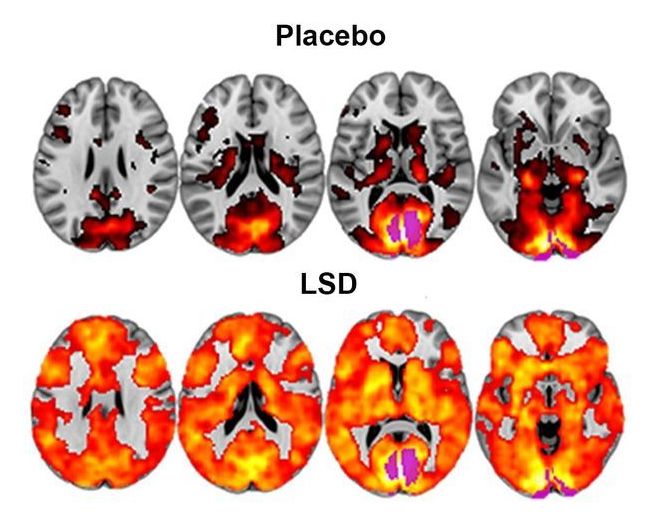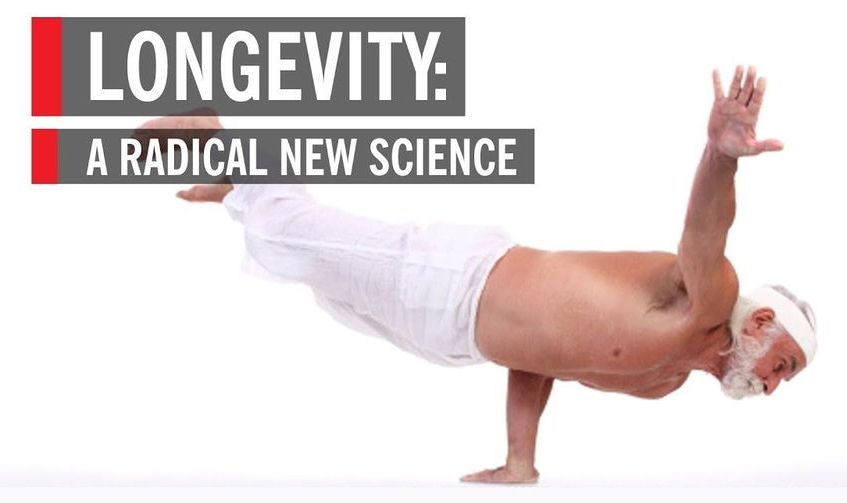Category: science

Nobel laureates join call for European Commission to reinstate top science post
More than 9000 scientists, including Andre Geim, Carlo Rubbia and eight other Nobel-prize-winning physicists, have signed a letter calling on the European Commission (EC) to reinstate a dedicated commissioner for education and research. The letter claims that that an out-and-out role for education and research is necessary to create a sound basis for innovation in Europe.
News of the apparent sidelining of science emerged when Ursula von der Leyen, the EC’s president-elect, presented her team and the new structure of the next European Commission on 10 September. It included her candidates for the new set of 18 commissioners, but the plan no longer included a commissioner that explicitly represents education and research.
These areas are instead expected to be covered by the commissioner for innovation and youth – the nominee for which is Mariya Gabriel, who is the current commissioner for digital economy and society. In the new set-up, the innovation and youth role appears to be a merger between the current directorate for research, science and innovation with that for education, culture, youth and sport.
Alternative Health Science News
Americans are headed down to get this combination and taking it themselves…



Longevity: A Radical New Science
Getting old is an unavoidable truth of life. And yet, for most of modern history this mortal coil has baffled scientists. Over the past decade, however, researchers have made great strides in understanding the cellular, molecular, and genetic tableau of aging—which has brought the next question into sharp focus: Can aging be stopped? While a full answer remains elusive, recent advancements have opened the door for significantly extending the human lifespan. One controversial researcher even claims that the first person who will live 1,000 years has already been born. Mainstream researchers are decidedly more cautious in their predictions, but the prospect of postponing mortality, even in modest ways, raises important ethical, social, and practical questions. How would we control an increasingly out-of-control global population? Does life have meaning without death? Even if we could live forever, would we want to?
The World Science Festival gathers great minds in science and the arts to produce live and digital content that allows a broad general audience to engage with scientific discoveries. Our mission is to cultivate a general public informed by science, inspired by its wonder, convinced of its value, and prepared to engage with its implications for the future.
Visit our Website: http://www.worldsciencefestival.com/
Like us on Facebook: https://www.facebook.com/worldsciencefestival
Follow us on twitter: https://twitter.com/WorldSciFest
Original Program Date: June 2, 2011
MODERATOR: Bill Ritter
PARTICIPANTS: Leonard Guarente, Judith Campisi, Michael Rose, Aubrey de Grey.
Bill Ritter’s Introduction 0:05
Does Life Have Meaning Without Death? 02:50.